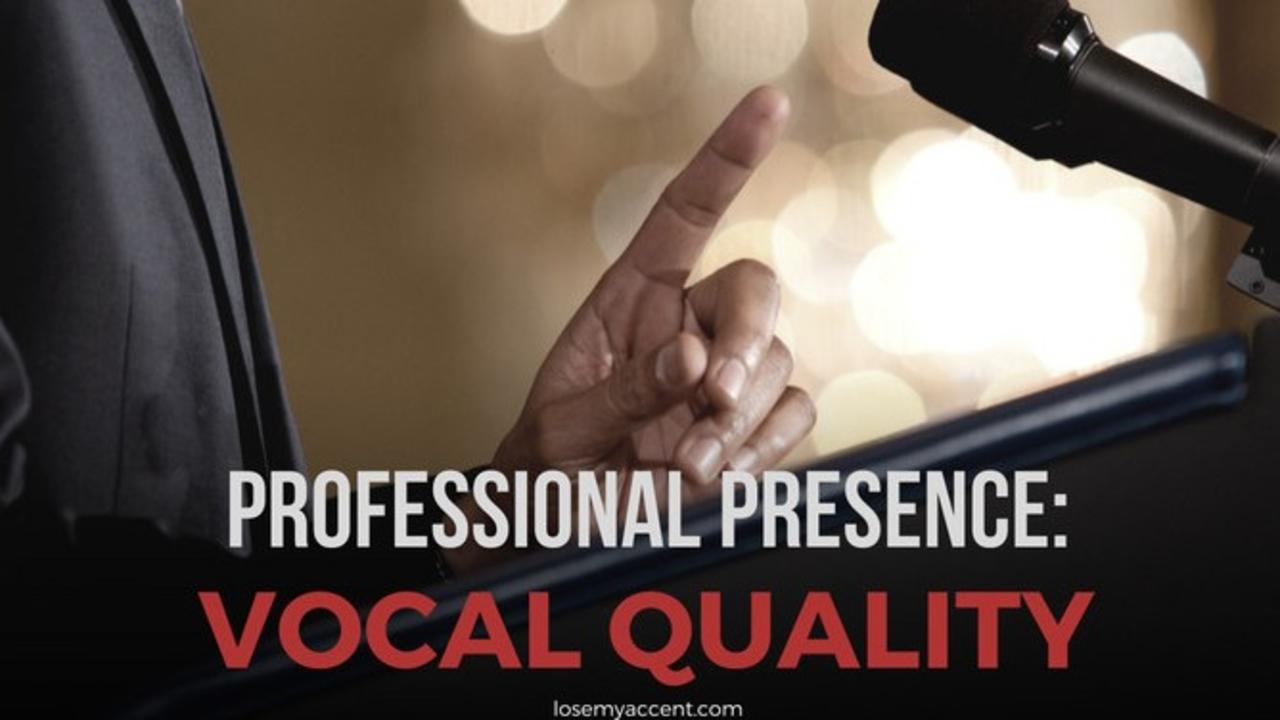Speaking Clearly with Lisa Scott
We're living and working in an age of international connectedness. Your co-workers or clients may actually be living overseas and speak English as a second or third language, connected to you through internet chats and teleconferencing. Or, you may work daily in person with non-native English spea...
Tell me if this resonates with you: you're comfortable in your workplace when it requires reading emails and going through written material... or writing to co-workers and jotting down notes.
But when needing to speak out loud to a co-worker, or asked to speak up at a meeting, you say as little ...
I'm truly excited this month to be sharing with you how interacting with those around you is a major factor in reducing your accent. A major research focus for American SpeechLanguageHearing Association (ASHA) has been the overuse of technology and its effect on language and hearing development, s...
Most of us recognize the voice of Siri®, the iPhone’s voice - assisted technology. But Siri® doesn’t recognize the pronunciation of everyone who attempts to communicate with her. Apple says that she handles 1 billion voice requests per week, but many non-native speakers have reverted back to text-ba...
Workplace interaction… It’s practically a nuanced art form to balance all the relationships and conversations we have in a work day with those around us. But this becomes even more pronounced when language becomes a stumbling block because of a heavy foreign accent or insufficient English languag...
Last week we discussed how the small connecting words of the English language are just as important as mastering a larger vocabulary... but the correct usage of these tiny words can sometimes fall through the cracks for non-native English speakers. You may start to use words like “in,” “on,” and “at...
Have you ever asked a co-worker to join you “on 3:00” for a meeting?
Perhaps you mentioned to someone that your birthday was “at Friday.”
Though you may not have realized it, you were using these prepositions of time incorrectly!
In trying to grasp a larger vocabulary, a student of Eng...
Tell me: What involves an ostrich, a myth, and a closed mind?
Give up?
Another American idiom!
A couple of weeks ago, I used a beach-themed tongue-twister to highlight the difference between the “S” and “SH” sounds in American English pronunciation. Since we're still in the heat of sum...
Picture yourself in this everyday office scenario:
The staff is gathered for a presentation on a new company initiative.
The presenter passes out their information, and in a monotone fashion proceeds to plod through the slideshow presentation on the topic with seemingly little enthusiasm.
At t...
Have you ever listened to or watched a recording of yourself, and cringed at the sound of your voice? Perhaps when giving presentations, you know your voice isn't projecting the confidence you'd like... or maybe your company has realized it's time to give employees an edge with clients and shareh...














